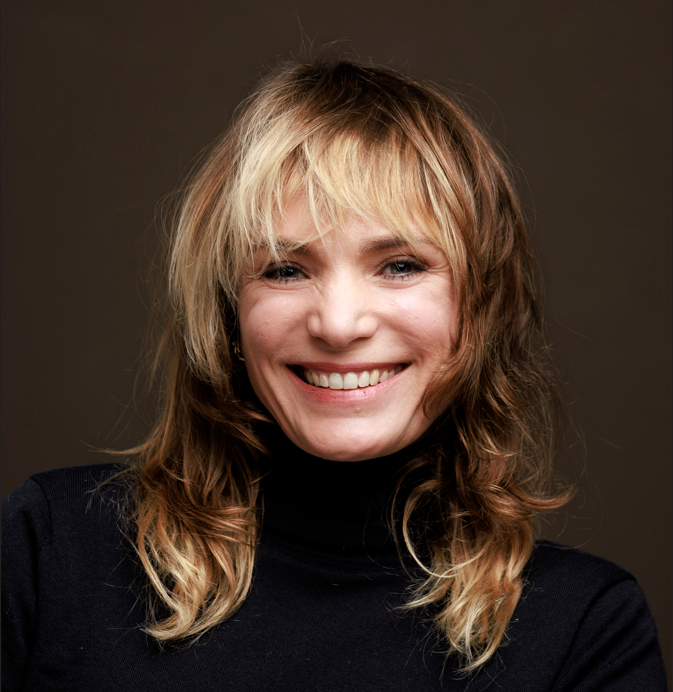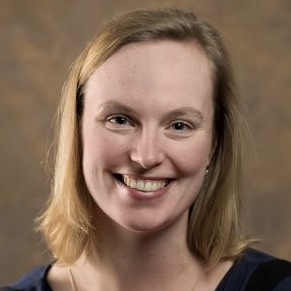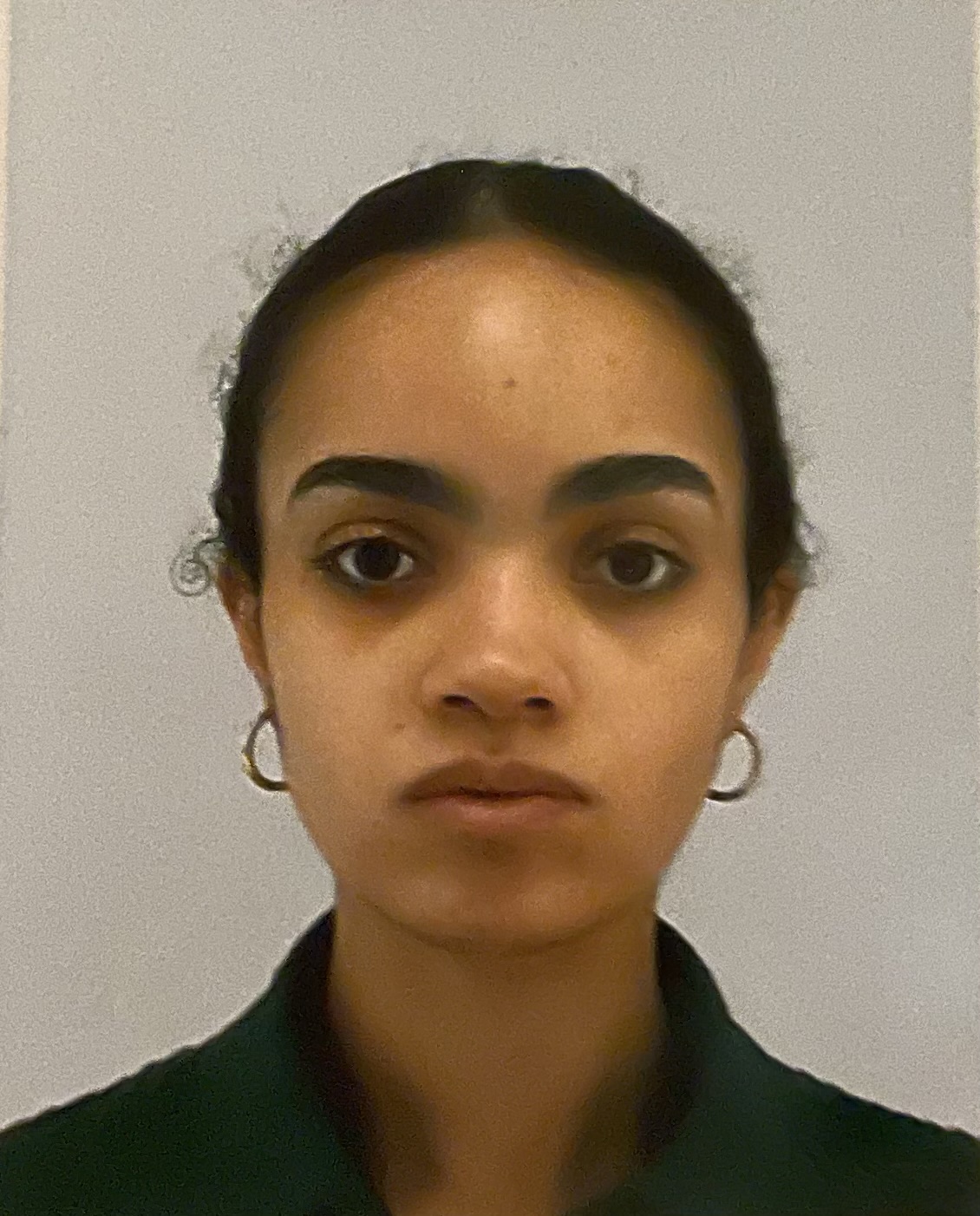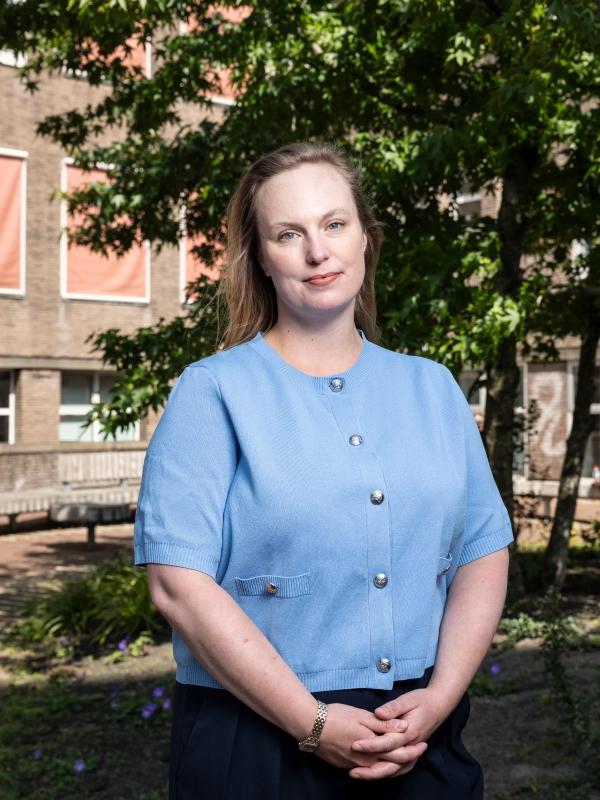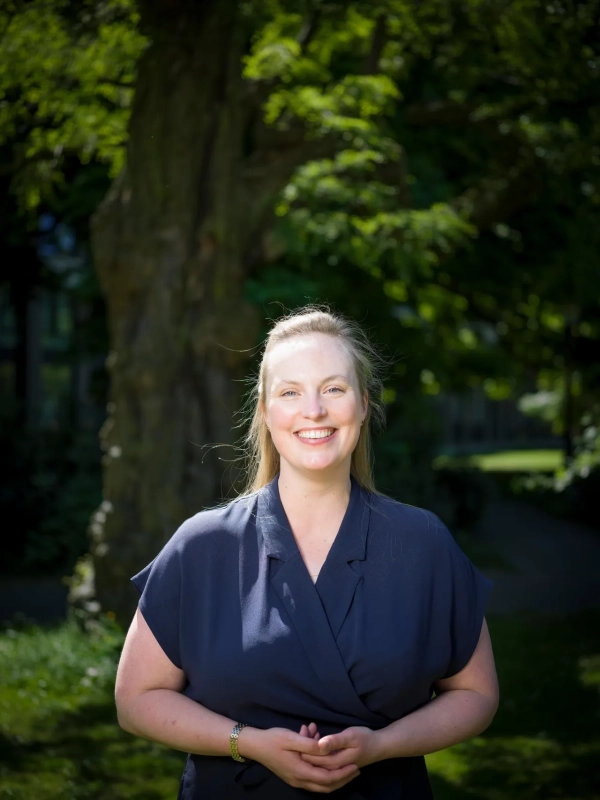About the project
How can ethnic minoritized citizens express their political needs? One answer is presence in powerful places in decision-making, such as parliament and social movements. Such inclusion and equality are fundamental for the functioning of democracies. According to democratic principles, all citizens – regardless of their background – should have equal opportunities to become active in politics and have their say; both inside and outside of parliaments. Yet, despite equal rights, ethnic minoritized citizens – those who, in the Dutch context, have been categorized as having a ‘non-western migration background’ – remain underrepresented in the highest echelons of political power and political leadership. Despite increasing diversity in European parliaments, politics generally remains a white male affair. This is problematic, because diversity increases social cohesion, political trust, the acceptance of election results and improves the quality of decision-making. At the same time, extra-parliamentary actors, like social movements, are important claim makers to make political problems visible and set the political agenda. Yet, not all groups have similar access to such successful movements (e.g. #metoo, BLM). The aim of this project is to understand which factors facilitate or obstruct access to political and societal leadership of ethnic minoritized citizens in the Netherlands to make political problems visible and heard.
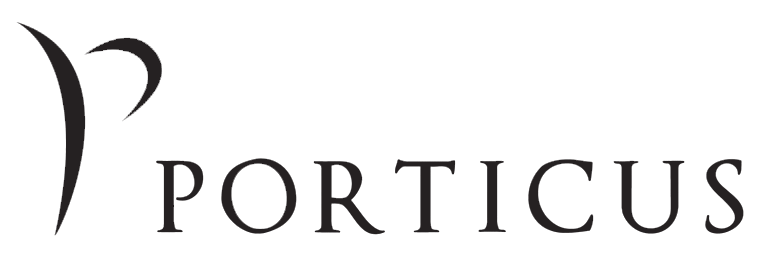
Funded by Porticus | GR-076397
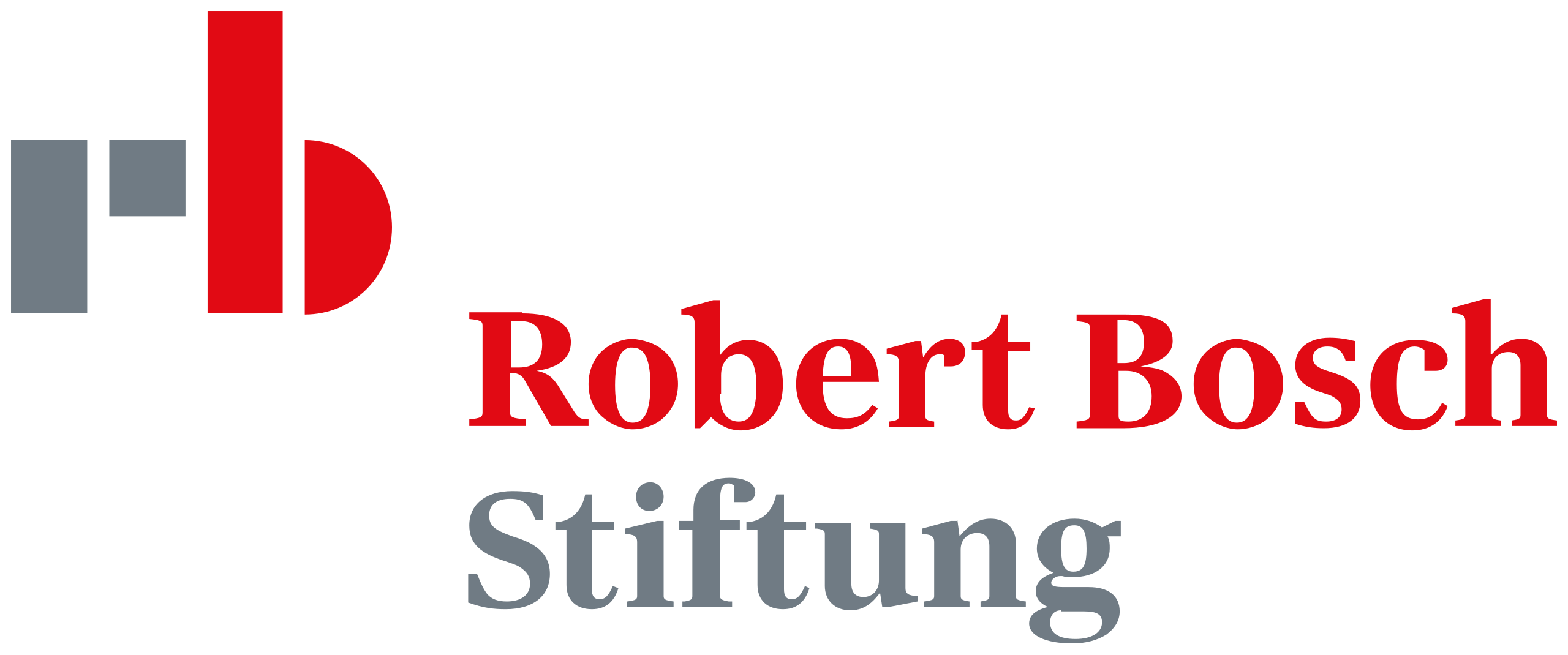
Joint research project with REPCHANCE | funded by Bosch Foundation | 01000851-002

